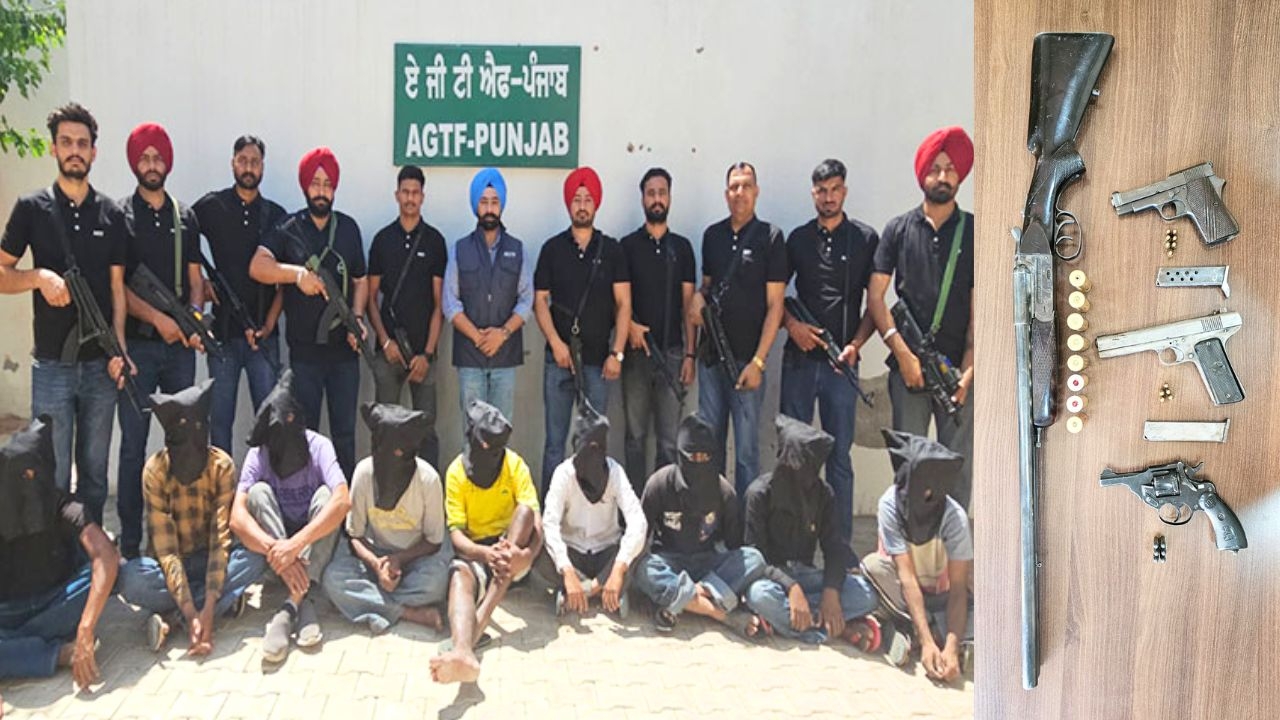Kanhaiya and Umar assert: "Centre is destroying the idea of India"
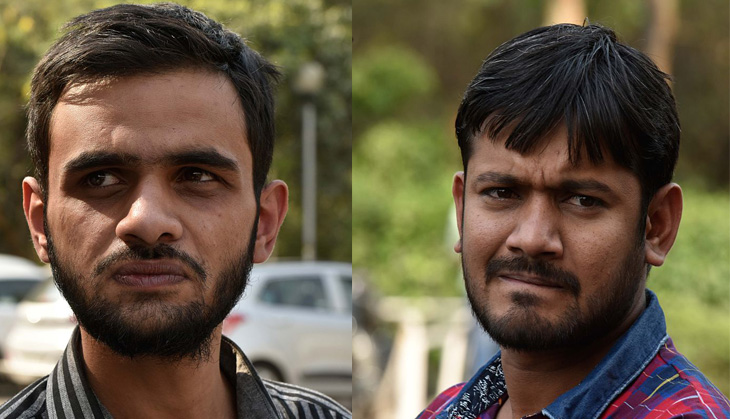
India's universities are under siege, and are being turned into 'cantonment zones'. That was the message delivered by four students of the Jawaharlal Nehru University at the Idea of India conclave at the India International Centre on Tuesday, 24 May. This was while addressing a session titled 'Universities-Crushing Dissent , Equity and Public Funding.'
The students - JNUSU president Kanhaiya Kumar, Umar Khalid, Rama Naga and Chintu Kumari - minced no words in slamming the Modi sarkar for drawing battle-lines on campuses, referring to what they alleged was the Centre's attempt to crush dissent.
Moreover, they accused the government of suppressing dissenting voices that question the economic and social status quo and turning university spaces into 'penal colonies'.
The students were ushered in by a posse of policement, and surrounded by a tight security cordon of fellow students.
The conclave was organised by a group of NGOs and activist journalists, who have been under fire for doing their duty of holding the establishment's feet to the fire.
Substance amid the bluster
While it's true that the speakers were high on rhetoric, what they said before a packed crowd wasn't entirely devoid of substance.
The talks the four student-scholars delivered on the issue of dissent, equity and public funding of universities, assume significance in light of 10 Benares Hindu University students being rusticated for demanding a 24x7 library.
There was also an incident at the Patna University, where the vice-chancellor ordered guards to open fire upon eight students, who were protesting against an agreement with an electricity contractor.
Incidentally, both the men in power, who ordered the crackdowns, are approved of and employed by the Central government.
'Ideas being crushed'
"Anti-national" and the "Idea of India" are two terms gaining wide currency among the ruling dispensation and its supporters.
Kanhaiya and Umar have, along with a host of others, been subjected to disciplinary and criminal action, which has been stayed by the Delhi High Court. They asserted: "This shows how the government is out to destroy the very principles and foundations of a secular, parliamentary democracy."
Umar said: "In essence, this government is bent upon clamping down on university students' inherent right to critique and question the 'established truth'. This government is intent upon ensuring that "idea" and "thinking" remain only hollow words."
Attempting to deflate Union Finance Minister Arun Jaitley's claims of winning an 'ideological war', Khalid contended that the government lost the battle the moment it unleashed the police on to university campuses - be it Hyderabad Central University - which witnessed tumultous protests after Dalit-student Rohith Vemula's suicide, or JNU.
As for another Central minister Venkiah Naidu's comment that JNU students should 'study' and not indulge in 'politics', both Kanhaiya and Umar insisted that they ARE studying, and that their political activism is directed towards getting members of marginalised and oppressed communities the right to study.
Not the den of vice
Shehla Rashid Shora, the current vice-president of the JNUSU, accused the government and its supporters of running a smear campaign. And she didn't spare the mainstream media either.
Referring to news reports that portray JNU as a centre for 'sex, violence, and terrorism', Shehla said that JNU receives the maximum number of sexual harassment complaints NOT because it is a 'den of vice and abuse', but because it has a robust committee which provides victims the strength to speak up and speak out, and an effective mechanism to take remedial measures.
At the end of the session, an attendee would have been left with the sinking feeling of the viciousness of the attacks - not always directly by the State, but inexplicit ones, on university campus spaces.and the fundamental right to dissent.
First published: 24 May 2016, 9:33 IST

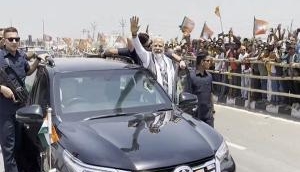
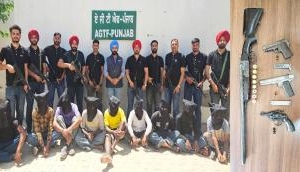
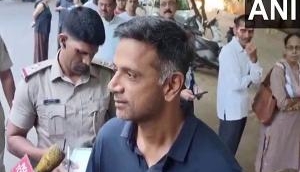
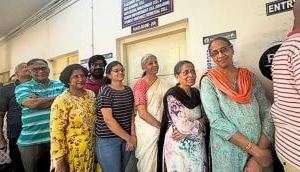
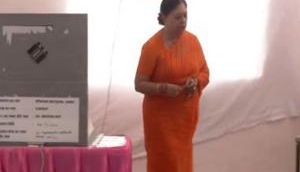
![BJP's Kapil Mishra recreates Shankar Mahadevan’s ‘Breathless’ song to highlight Delhi pollution [WATCH] BJP's Kapil Mishra recreates Shankar Mahadevan’s ‘Breathless’ song to highlight Delhi pollution [WATCH]](http://images.catchnews.com/upload/2022/11/03/kapil-mishra_240884_300x172.png)

![Anupam Kher shares pictures of his toned body on 67th birthday [MUST SEE] Anupam Kher shares pictures of his toned body on 67th birthday [MUST SEE]](http://images.catchnews.com/upload/2022/03/07/Anupam_kher_231145_300x172.jpg)






